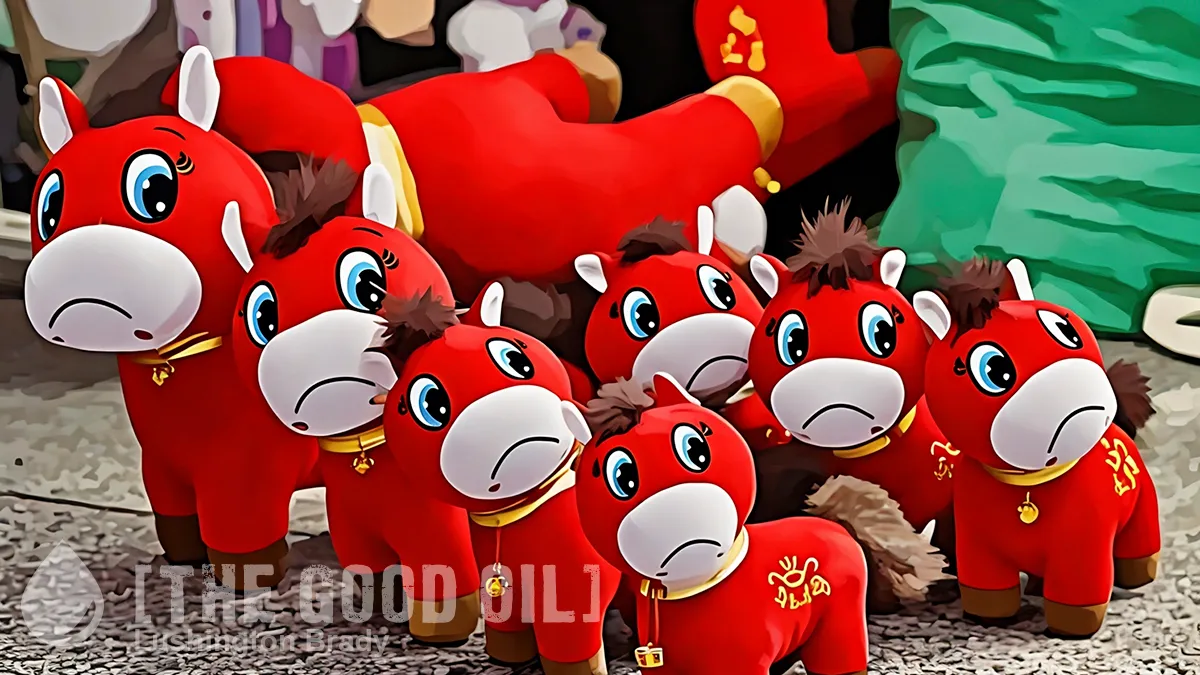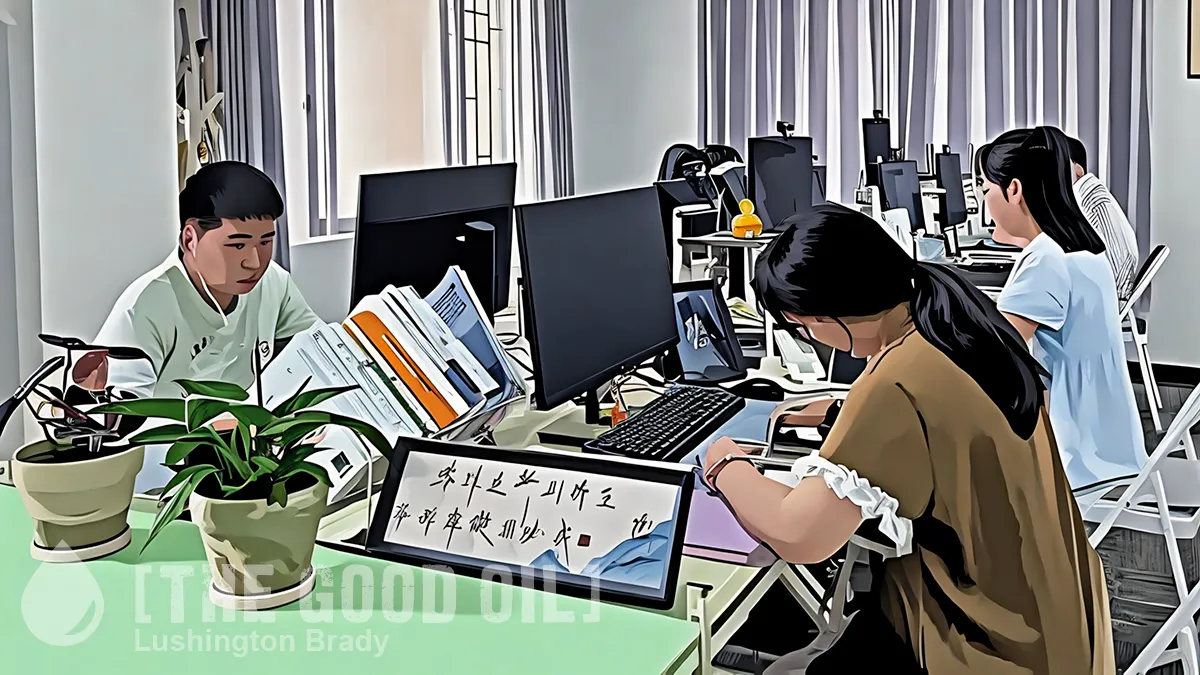Table of Contents
Dark Jester
The current extradition case at the time of this writing, involving a Chinese national accused of murder, should scare us. Not that we should be scared of seeing murderers being extradited, but the fact that New Zealand now appears to think it is appropriate to extradite people who are charged under Chinese law.
Ideally, the extradition of a fugitive should not be a concern for New Zealand. As a country, we should be able to send a fugitive back with the confidence they will face a fair trial with impartial peers. However, in this case, we would be sending someone back to a judiciary that has a 99 per cent conviction rate and judges on arbitrary rules.
Chinese laws can change all the time and there are now crimes such as ‘sedition’, ‘subversion’ and ‘incitement of sedition’ that are all illegal under Chinese law. I discussed these in a previous article about hate speech laws and China. These laws specifically are usually used against political dissidents and other enemies of the Party.
Under the new National Security Law, they can also charge people who are not even Chinese citizens. That is why there was massive opposition in Hong Kong in 2019 against the extradition laws, because of the danger of pro-democracy activists being targeted.
It is already enough that the Chinese state security services have a habit of ‘forcibly disappearing’ political opponents. A major case of this was the 2015 disappearance of the five owners of Causeway Bay Books, including a Swedish and British citizen. The bookstore was notorious for selling books critical of the government.
Another case involved two editors of a political magazine who were also arrested for publishing ‘seditious material’. Now with the National Security Law, there has been a crackdown on pro-democracy activists and dissidents in Hong Kong. This has included pro-democracy lawmakers and political candidates, such as Benny Tai and Joshua Wong.
The only pro-democracy newspaper, Apple Daily, was shut down and the owner Jimmy Lai was arrested, and a book publisher was shut down with five of its employees arrested for publishing children’s books deemed ‘seditious’.
A popular radio host has recently become the first to be convicted under the law for sedition for saying banned phrases.
The law has also allowed the government to indict Chinese nationals living abroad for the same crimes, which means the government can put a warrant out for their arrest and demand their extradition. This puts much pressure on countries with major ties to China. A significant example of this was Nathan Law and five other pro-democracy activists who fled Hong Kong and now have warrants for their arrests. This group also includes Samuel Chu, an American citizen and prominent pro-democracy activist in the US.
Forgive me if I also have some scepticism about the murder charge. The same government sometimes uses legitimate charges or made-up charges for actual crimes, including corruption and fraud, which is currently being used to charge billionaire dissident Miles Guo.
Corruption and fraud charges are also used against political opponents of Xi Jingping.
It must be said, the Chinese Communist Party is not united. There are currently two factions within the party, one led by Xi Jingping, who has been responsible for the detention camps in Xinjiang, and the other led by Jiang Zemin, who has been held responsible for the organ harvesting of the Falun Gong practitioners. A famous example of this was the controversy of Peng Shuai. Zhang Gaoli, the CCP official she accused of sexual assault, was part of Jiang Zemin’s faction so it was in the interest of Xi Jingping to charge him.
The extradition law should scare us because it could be used as a precedent to then come after political dissidents and other people the Chinese government does not like. It is good that the Human Rights Commission stepped in, arguing that it was an abuse of human rights to send Kyung Yup Kim back to a country with a rigged justice system. Because if New Zealand decides to sacrifice him in order to maintain its relationship with China, who else will it sacrifice?









